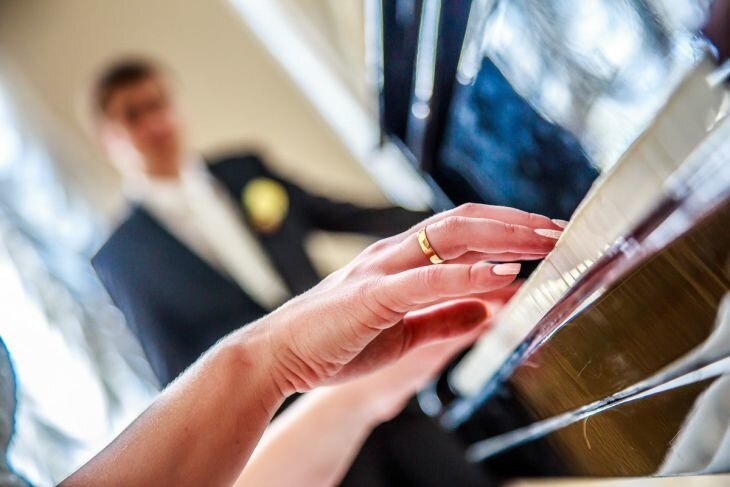Many couples seem remarkably similar to each other, both in appearance and in character or interests. Why is this?
Is similarity really the key factor in creating lasting relationships?
The answer to this question lies in the depths of psychology, biology and our life experience.
Familiarity and a sense of security
People tend to look for something familiar in partners because familiarity creates a sense of security.
Research shows that we like traits that resemble our own or those of people close to us, such as parents or friends.

Familiar features help us establish trust faster because our brains consider them less threatening. This phenomenon is called the mere-exposure effect: the more we see something familiar, the more attractive it seems.
Similar interests and values as the foundation of relationships
Similar views on life, hobbies and values contribute to the creation of a strong union. Research confirms that couples with common interests have a better chance of long-term relationships, since such couples face fewer conflicts.
For example, if both partners enjoy active recreation, they have more opportunities to spend time together, which strengthens the emotional connection.
List of the main aspects of similarity that contribute to harmony:
- Interests and hobbies (sports, art, travel).
- Social and cultural values (attitude to family, religion, career).
- Temperament and character traits (for example, both are introverts).
- Education and intellectual interests.
Genetics and biological factors
Interestingly, attraction to similar partners may be linked to genetics. Some studies suggest that we subconsciously choose people with genes similar to ours, whether at the level of appearance or deeper biological characteristics.
This helps maintain genome stability and reduce the likelihood of genetic mutations in offspring.
The role of socialization and life experience
From childhood, we are taught certain standards of behavior, perception of ourselves and others. These lessons shape our idea of who is right for us.
If a person grew up surrounded by kind and sympathetic people, then he will look for the same qualities in a partner.
In addition, the choice of a partner depends on the social circle: most often we meet people from similar social classes, educational institutions or professions, which increases the likelihood of similarity.
Similarity helps build trust, strengthen connections and minimize conflicts. But differences are also important: they add novelty to relationships and teach partners to look at the world more broadly. The main secret of a successful union is a balance between similarity and diversity.








